The January 2023 Patch Tuesday comes with a whopping 98 updates
8 min. read
Updated on
Read our disclosure page to find out how can you help Windows Report sustain the editorial team. Read more
Key notes
- Microsoft is not taking these vulnerabilities lightly and working hard to fix them.
- As a result, January 2023 came with a huge number of security dedicated patches.
- Check out everything there is to know about this Patch Tuesday release right here.
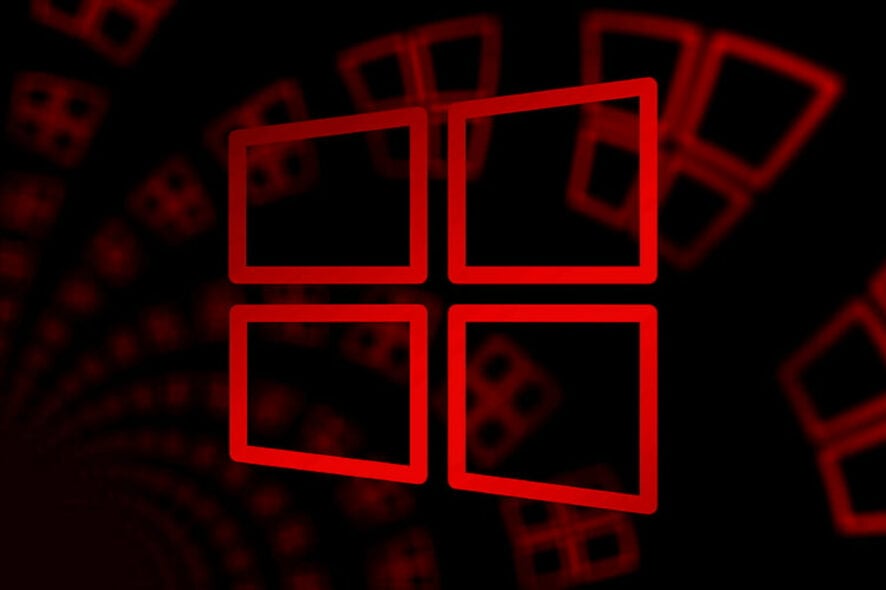
The holidays are over and here we are, kicking off a new year of prosperity and possibilities. We hope you feel refreshed after your vacation because there’s a lot to catch up on.
As you know, it’s the second Tuesday of the month, which means that Windows users are looking towards Microsoft in hopes that some of the flaws they’ve been struggling with will finally get fixed.
We’ve taken the liberty of providing the direct download links for the cumulative updates released today for Windows 7, 8.1, 10, and 11, but now it’s time to talk CVEs again.
For January, Microsoft released 98 new patches, which is a lot more than some people were expecting right at the start of 2023.
These software updates address CVEs in:
- Microsoft Windows and Windows Components
- Office and Office Components
- .NET Core and Visual Studio Code
- 3D Builder, Azure Service Fabric Container
- Windows BitLocker
- Windows Defender
- Windows Print Spooler Components
- Microsoft Exchange Server
Microsoft released 98 new important security patches
Seeing how December 2022 was a pretty light month in terms of security patches, developers had to pick up the slack in January, which is exactly what happened.
You might like to know that, out of the 98 new CVEs released, 11 are rated Critical and 87 are rated Important in severity.
Also, keep in mind that this volume is the largest we’ve seen from Microsoft for a January release in quite some time.
Out of all these vulnerabilities addressed this month, only one is listed as publicly known, and one is listed as being in the wild at the time of release.
Note that these types of bugs are often wrapped into some form of social engineering attack, such as convincing someone to open a file or click a link.
Let’s take a closer look at the full list of CVEs released by Microsoft for January 2023:
| CVE | Title | Severity | CVSS | Public | Exploited | Type |
| CVE-2023-21674 | Windows Advanced Local Procedure Call (ALPC) Elevation of Privilege Vulnerability | Important | 8.8 | No | Yes | EoP |
| CVE-2023-21549 | Windows Workstation Service Elevation of Privilege Vulnerability | Important | 8.8 | Yes | No | EoP |
| CVE-2023-21561 | Microsoft Cryptographic Services Elevation of Privilege Vulnerability | Critical | 8.8 | No | No | EoP |
| CVE-2023-21551 | Microsoft Cryptographic Services Elevation of Privilege Vulnerability | Critical | 7.8 | No | No | EoP |
| CVE-2023-21743 | Microsoft SharePoint Server Security Feature Bypass Vulnerability | Critical | 8.2 | No | No | SFB |
| CVE-2023-21730 | Windows Cryptographic Services Remote Code Execution Vulnerability | Critical | 7.8 | No | No | EoP |
| CVE-2023-21543 | Windows Layer 2 Tunneling Protocol (L2TP) Remote Code Execution Vulnerability | Critical | 8.1 | No | No | RCE |
| CVE-2023-21546 | Windows Layer 2 Tunneling Protocol (L2TP) Remote Code Execution Vulnerability | Critical | 8.1 | No | No | RCE |
| CVE-2023-21555 | Windows Layer 2 Tunneling Protocol (L2TP) Remote Code Execution Vulnerability | Critical | 8.1 | No | No | RCE |
| CVE-2023-21556 | Windows Layer 2 Tunneling Protocol (L2TP) Remote Code Execution Vulnerability | Critical | 8.1 | No | No | RCE |
| CVE-2023-21679 | Windows Layer 2 Tunneling Protocol (L2TP) Remote Code Execution Vulnerability | Critical | 8.1 | No | No | RCE |
| CVE-2023-21535 | Windows Secure Socket Tunneling Protocol (SSTP) Remote Code Execution Vulnerability | Critical | 8.1 | No | No | RCE |
| CVE-2023-21548 | Windows Secure Socket Tunneling Protocol (SSTP) Remote Code Execution Vulnerability | Critical | 8.1 | No | No | RCE |
| CVE-2023-21538 | .NET Denial of Service Vulnerability | Important | 7.5 | No | No | DoS |
| CVE-2023-21780 | 3D Builder Remote Code Execution Vulnerability | Important | 7.8 | No | No | RCE |
| CVE-2023-21781 | 3D Builder Remote Code Execution Vulnerability | Important | 7.8 | No | No | RCE |
| CVE-2023-21782 | 3D Builder Remote Code Execution Vulnerability | Important | 7.8 | No | No | RCE |
| CVE-2023-21784 | 3D Builder Remote Code Execution Vulnerability | Important | 7.8 | No | No | RCE |
| CVE-2023-21786 | 3D Builder Remote Code Execution Vulnerability | Important | 7.8 | No | No | RCE |
| CVE-2023-21791 | 3D Builder Remote Code Execution Vulnerability | Important | 7.8 | No | No | RCE |
| CVE-2023-21793 | 3D Builder Remote Code Execution Vulnerability | Important | 7.8 | No | No | RCE |
| CVE-2023-21783 | 3D Builder Remote Code Execution Vulnerability | Important | 7.8 | No | No | RCE |
| CVE-2023-21785 | 3D Builder Remote Code Execution Vulnerability | Important | 7.8 | No | No | RCE |
| CVE-2023-21787 | 3D Builder Remote Code Execution Vulnerability | Important | 7.8 | No | No | RCE |
| CVE-2023-21788 | 3D Builder Remote Code Execution Vulnerability | Important | 7.8 | No | No | RCE |
| CVE-2023-21789 | 3D Builder Remote Code Execution Vulnerability | Important | 7.8 | No | No | RCE |
| CVE-2023-21790 | 3D Builder Remote Code Execution Vulnerability | Important | 7.8 | No | No | RCE |
| CVE-2023-21792 | 3D Builder Remote Code Execution Vulnerability | Important | 7.8 | No | No | RCE |
| CVE-2023-21531 | Azure Service Fabric Container Elevation of Privilege Vulnerability | Important | 7 | No | No | EoP |
| CVE-2023-21563 | BitLocker Security Feature Bypass Vulnerability | Important | 6.8 | No | No | SFB |
| CVE-2023-21536 | Event Tracing for Windows Information Disclosure Vulnerability | Important | 4.7 | No | No | Info |
| CVE-2023-21753 | Event Tracing for Windows Information Disclosure Vulnerability | Important | 5.5 | No | No | Info |
| CVE-2023-21547 | Internet Key Exchange (IKE) Protocol Denial of Service Vulnerability | Important | 7.5 | No | No | DoS |
| CVE-2023-21724 | Microsoft DWM Core Library Elevation of Privilege Vulnerability | Important | 7.8 | No | No | EoP |
| CVE-2023-21764 | Microsoft Exchange Server Elevation of Privilege Vulnerability | Important | 7.8 | No | No | EoP |
| CVE-2023-21763 | Microsoft Exchange Server Elevation of Privilege Vulnerability | Important | 7.8 | No | No | EoP |
| CVE-2023-21761 | Microsoft Exchange Server Information Disclosure Vulnerability | Important | 7.5 | No | No | Info |
| CVE-2023-21762 | Microsoft Exchange Server Spoofing Vulnerability | Important | 8 | No | No | Spoofing |
| CVE-2023-21745 | Microsoft Exchange Server Spoofing Vulnerability | Important | 8 | No | No | Spoofing |
| CVE-2023-21537 | Microsoft Message Queuing (MSMQ) Elevation of Privilege Vulnerability | Important | 7.8 | No | No | EoP |
| CVE-2023-21732 | Microsoft ODBC Driver Remote Code Execution Vulnerability | Important | 8.8 | No | No | RCE |
| CVE-2023-21734 | Microsoft Office Remote Code Execution Vulnerability | Important | 7.8 | No | No | RCE |
| CVE-2023-21735 | Microsoft Office Remote Code Execution Vulnerability | Important | 7.8 | No | No | RCE |
| CVE-2023-21741 | Microsoft Office Visio Information Disclosure Vulnerability | Important | 7.1 | No | No | Info |
| CVE-2023-21736 | Microsoft Office Visio Remote Code Execution Vulnerability | Important | 7.8 | No | No | RCE |
| CVE-2023-21737 | Microsoft Office Visio Remote Code Execution Vulnerability | Important | 7.8 | No | No | RCE |
| CVE-2023-21738 | Microsoft Office Visio Remote Code Execution Vulnerability | Important | 7.1 | No | No | RCE |
| CVE-2023-21744 | Microsoft SharePoint Server Remote Code Execution Vulnerability | Important | 8.8 | No | No | RCE |
| CVE-2023-21742 | Microsoft SharePoint Server Remote Code Execution Vulnerability | Important | 8.8 | No | No | RCE |
| CVE-2023-21681 | Microsoft WDAC OLE DB provider for SQL Server Remote Code Execution Vulnerability | Important | 8.8 | No | No | RCE |
| CVE-2023-21725 | Microsoft Windows Defender Elevation of Privilege Vulnerability | Important | 6.3 | No | No | EoP |
| CVE-2023-21779 | Visual Studio Code Remote Code Execution Vulnerability | Important | 7.3 | No | No | RCE |
| CVE-2023-21768 | Windows Ancillary Function Driver for WinSock Elevation of Privilege Vulnerability | Important | 7.8 | No | No | EoP |
| CVE-2023-21539 | Windows Authentication Remote Code Execution Vulnerability | Important | 7.5 | No | No | RCE |
| CVE-2023-21752 | Windows Backup Service Elevation of Privilege Vulnerability | Important | 7.1 | No | No | EoP |
| CVE-2023-21733 | Windows Bind Filter Driver Elevation of Privilege Vulnerability | Important | 7 | No | No | EoP |
| CVE-2023-21739 | Windows Bluetooth Driver Elevation of Privilege Vulnerability | Important | 7 | No | No | EoP |
| CVE-2023-21560 | Windows Boot Manager Security Feature Bypass Vulnerability | Important | 6.6 | No | No | SFB |
| CVE-2023-21726 | Windows Credential Manager User Interface Elevation of Privilege Vulnerability | Important | 7.8 | No | No | EoP |
| CVE-2023-21540 | Windows Cryptographic Information Disclosure Vulnerability | Important | 5.5 | No | No | Info |
| CVE-2023-21550 | Windows Cryptographic Information Disclosure Vulnerability | Important | 5.5 | No | No | Info |
| CVE-2023-21559 | Windows Cryptographic Services Information Disclosure Vulnerability | Important | 6.2 | No | No | Info |
| CVE-2023-21525 | Windows Encrypting File System (EFS) Denial of Service Vulnerability | Important | 5.9 | No | No | DoS |
| CVE-2023-21558 | Windows Error Reporting Service Elevation of Privilege Vulnerability | Important | 7.8 | No | No | EoP |
| CVE-2023-21552 | Windows GDI Elevation of Privilege Vulnerability | Important | 7.8 | No | No | EoP |
| CVE-2023-21532 | Windows GDI Elevation of Privilege Vulnerability | Important | 7 | No | No | EoP |
| CVE-2023-21542 | Windows Installer Elevation of Privilege Vulnerability | Important | 7 | No | No | EoP |
| CVE-2023-21683 | Windows Internet Key Exchange (IKE) Extension Denial of Service Vulnerability | Important | 7.5 | No | No | DoS |
| CVE-2023-21677 | Windows Internet Key Exchange (IKE) Extension Denial of Service Vulnerability | Important | 7.5 | No | No | DoS |
| CVE-2023-21758 | Windows Internet Key Exchange (IKE) Extension Denial of Service Vulnerability | Important | 7.5 | No | No | DoS |
| CVE-2023-21527 | Windows iSCSI Service Denial of Service Vulnerability | Important | 7.5 | No | No | DoS |
| CVE-2023-21755 | Windows Kernel Elevation of Privilege Vulnerability | Important | 7.8 | No | No | EoP |
| CVE-2023-21754 | Windows Kernel Elevation of Privilege Vulnerability | Important | 7.8 | No | No | EoP |
| CVE-2023-21747 | Windows Kernel Elevation of Privilege Vulnerability | Important | 7.8 | No | No | EoP |
| CVE-2023-21748 | Windows Kernel Elevation of Privilege Vulnerability | Important | 7.8 | No | No | EoP |
| CVE-2023-21749 | Windows Kernel Elevation of Privilege Vulnerability | Important | 7.8 | No | No | EoP |
| CVE-2023-21772 | Windows Kernel Elevation of Privilege Vulnerability | Important | 7.8 | No | No | EoP |
| CVE-2023-21773 | Windows Kernel Elevation of Privilege Vulnerability | Important | 7.8 | No | No | EoP |
| CVE-2023-21774 | Windows Kernel Elevation of Privilege Vulnerability | Important | 7.8 | No | No | EoP |
| CVE-2023-21675 | Windows Kernel Elevation of Privilege Vulnerability | Important | 7.8 | No | No | EoP |
| CVE-2023-21750 | Windows Kernel Elevation of Privilege Vulnerability | Important | 7.1 | No | No | EoP |
| CVE-2023-21776 | Windows Kernel Information Disclosure Vulnerability | Important | 5.5 | No | No | Info |
| CVE-2023-21757 | Windows Layer 2 Tunneling Protocol (L2TP) Denial of Service Vulnerability | Important | 7.5 | No | No | DoS |
| CVE-2023-21557 | Windows Lightweight Directory Access Protocol (LDAP) Denial of Service Vulnerability | Important | 7.5 | No | No | DoS |
| CVE-2023-21676 | Windows Lightweight Directory Access Protocol (LDAP) Remote Code Execution Vulnerability | Important | 8.8 | No | No | RCE |
| CVE-2023-21524 | Windows Local Security Authority (LSA) Elevation of Privilege Vulnerability | Important | 7.8 | No | No | EoP |
| CVE-2023-21771 | Windows Local Session Manager (LSM) Elevation of Privilege Vulnerability | Important | 7 | No | No | EoP |
| CVE-2023-21728 | Windows Netlogon Denial of Service Vulnerability | Important | 7.5 | No | No | DoS |
| CVE-2023-21746 | Windows NTLM Elevation of Privilege Vulnerability | Important | 7.8 | No | No | EoP |
| CVE-2023-21767 | Windows Overlay Filter Elevation of Privilege Vulnerability | Important | 7.8 | No | No | EoP |
| CVE-2023-21766 | Windows Overlay Filter Information Disclosure Vulnerability | Important | 4.7 | No | No | Info |
| CVE-2023-21682 | Windows Point-to-Point Protocol (PPP) Information Disclosure Vulnerability | Important | 5.3 | No | No | Info |
| CVE-2023-21760 | Windows Print Spooler Elevation of Privilege Vulnerability | Important | 7.1 | No | No | EoP |
| CVE-2023-21765 | Windows Print Spooler Elevation of Privilege Vulnerability | Important | 7.8 | No | No | EoP |
| CVE-2023-21678 | Windows Print Spooler Elevation of Privilege Vulnerability | Important | 7.8 | No | No | EoP |
| CVE-2023-21759 | Windows Smart Card Resource Management Server Security Feature Bypass Vulnerability | Important | 3.3 | No | No | SFB |
| CVE-2023-21541 | Windows Task Scheduler Elevation of Privilege Vulnerability | Important | 7.8 | No | No | EoP |
| CVE-2023-21680 | Windows Win32k Elevation of Privilege Vulnerability | Important | 7.8 | No | No | EoP |
Taking a closer look at the remaining Critical-rated fixes, there are two patches for Cryptographic Services, but we can classify them as more of privilege escalations rather than RCEs.
Furthermore, there are five patches for the Layer 2 Tunneling Protocol (L2TP), which was introduced back in Windows 2000.
Looking at the 25 code execution bugs fixed in this Patch Tuesday rollout, there are 14 fixes for the 3D Builder component.
There are also two fixes for SharePoint for RCE bugs that require authentication. However, every user by default has the permissions required to exploit these bugs.
We’re also looking at a couple of SQL-related fixes. Know that an attacker can execute code if they can convince an authenticated user into attempting to connect to a malicious SQL server via ODBC.

We also have to mention the fixes for 11 different information disclosure bugs this month, and seven of these merely result in info leaks consisting of unspecified memory contents.
This January release fixes 10 different Denial-of-Service (DoS) bugs, but Microsoft provides no real detail about these bugs, so it isn’t clear if successful exploitation results in the service stopping or the system crashing.
Two spoofing bugs in the Exchange server also received critical fixes, although the descriptions imply a different impact.
While one notes that successful exploitation could disclose NTLM hashes, the other is about an authenticated attacker could achieve exploitation given a Powershell remoting session to the server.
Nonetheless, make sure you update your Exchange server to ensure you remediate the multiple bugs being fixed this month.
Have you found any other issues after installing this month’s security updates? Share your experience with us in the comments section below.
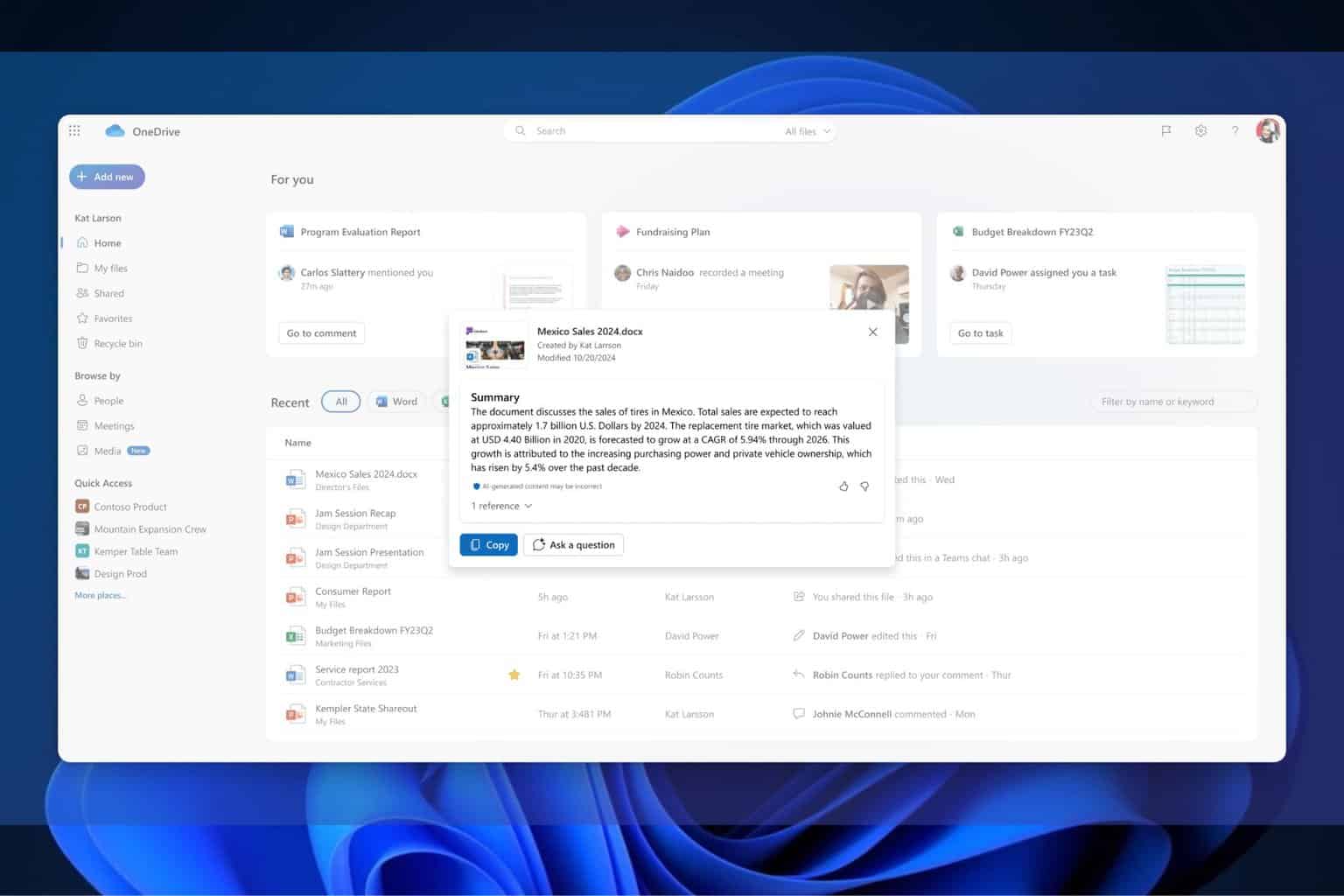


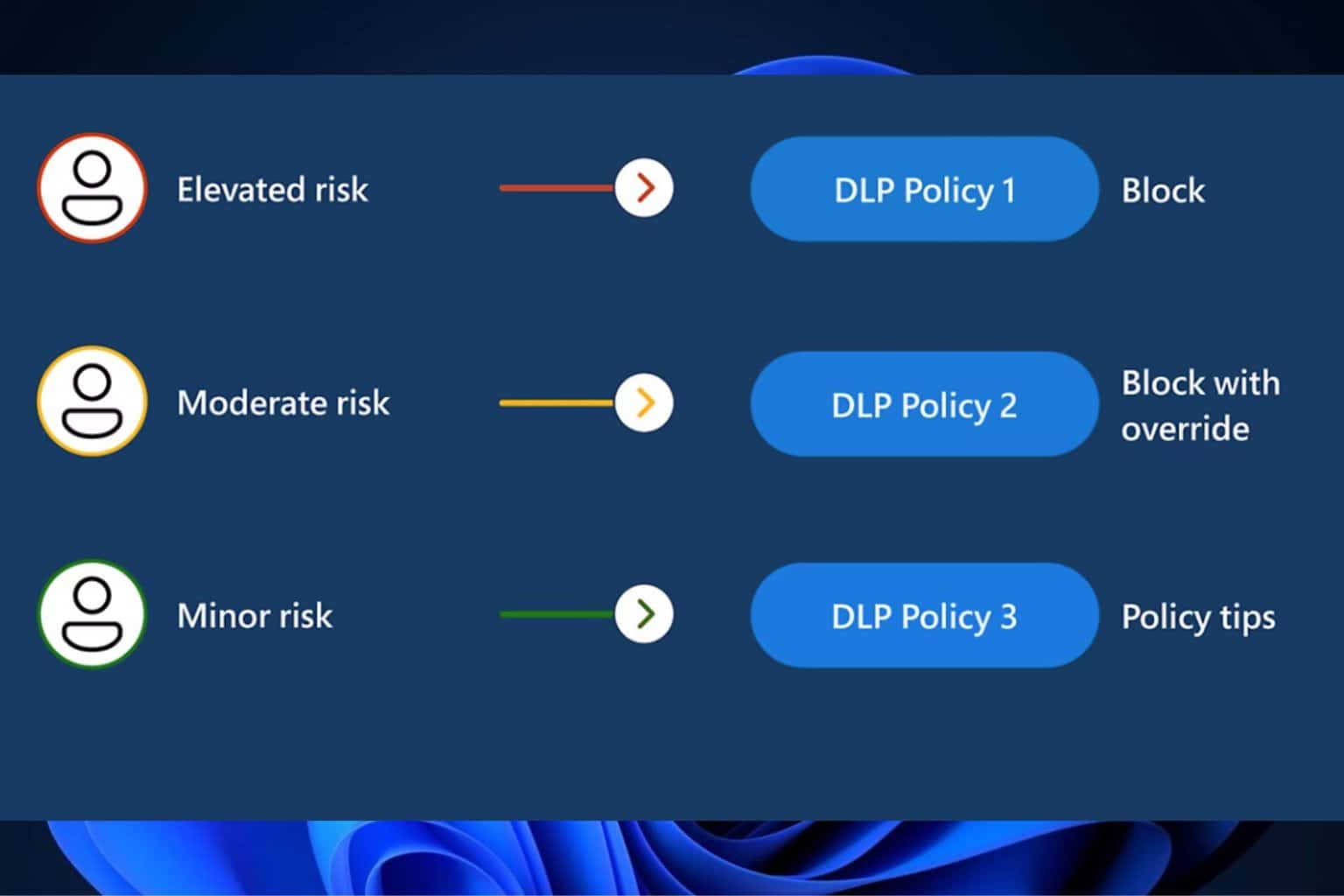
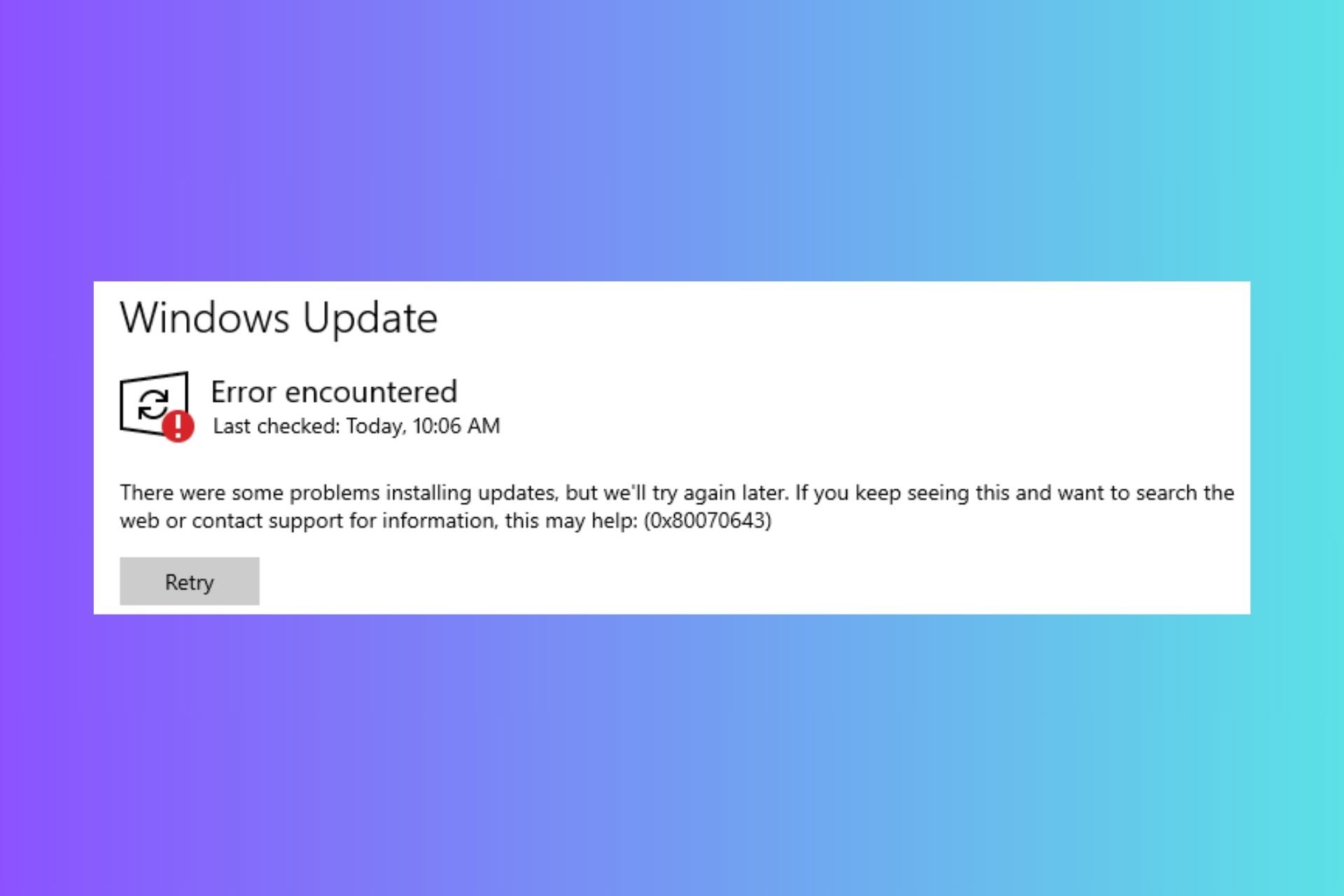
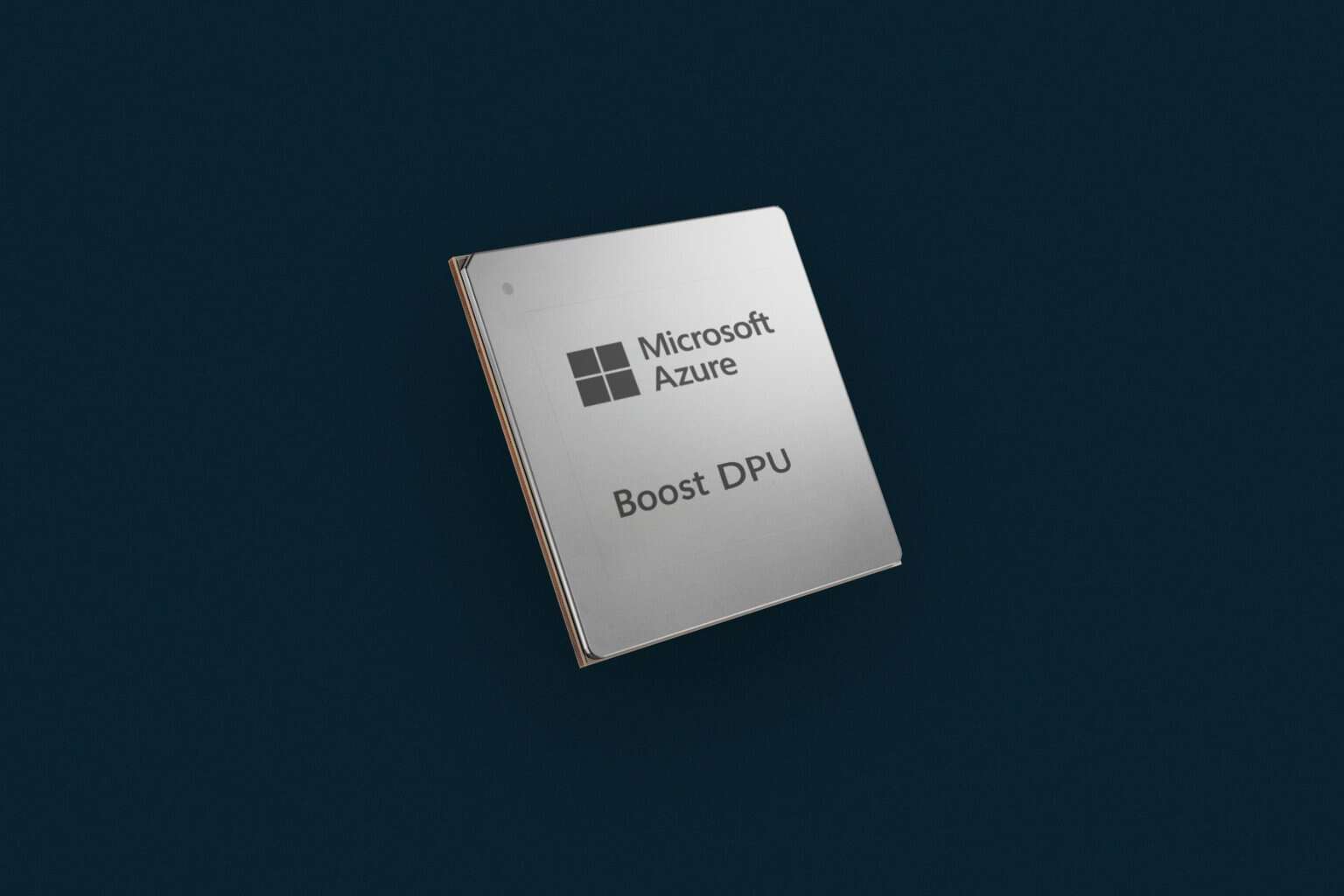
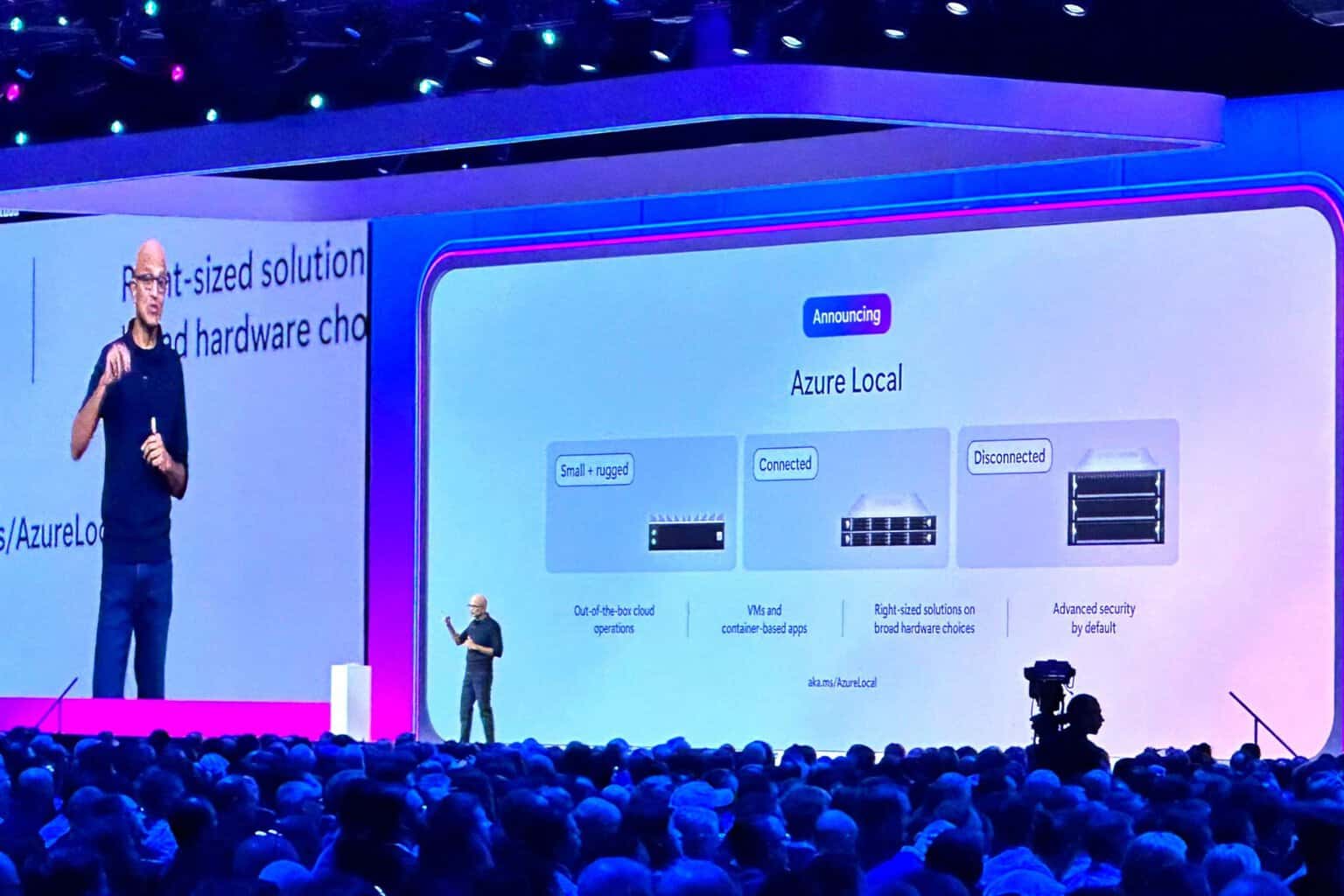
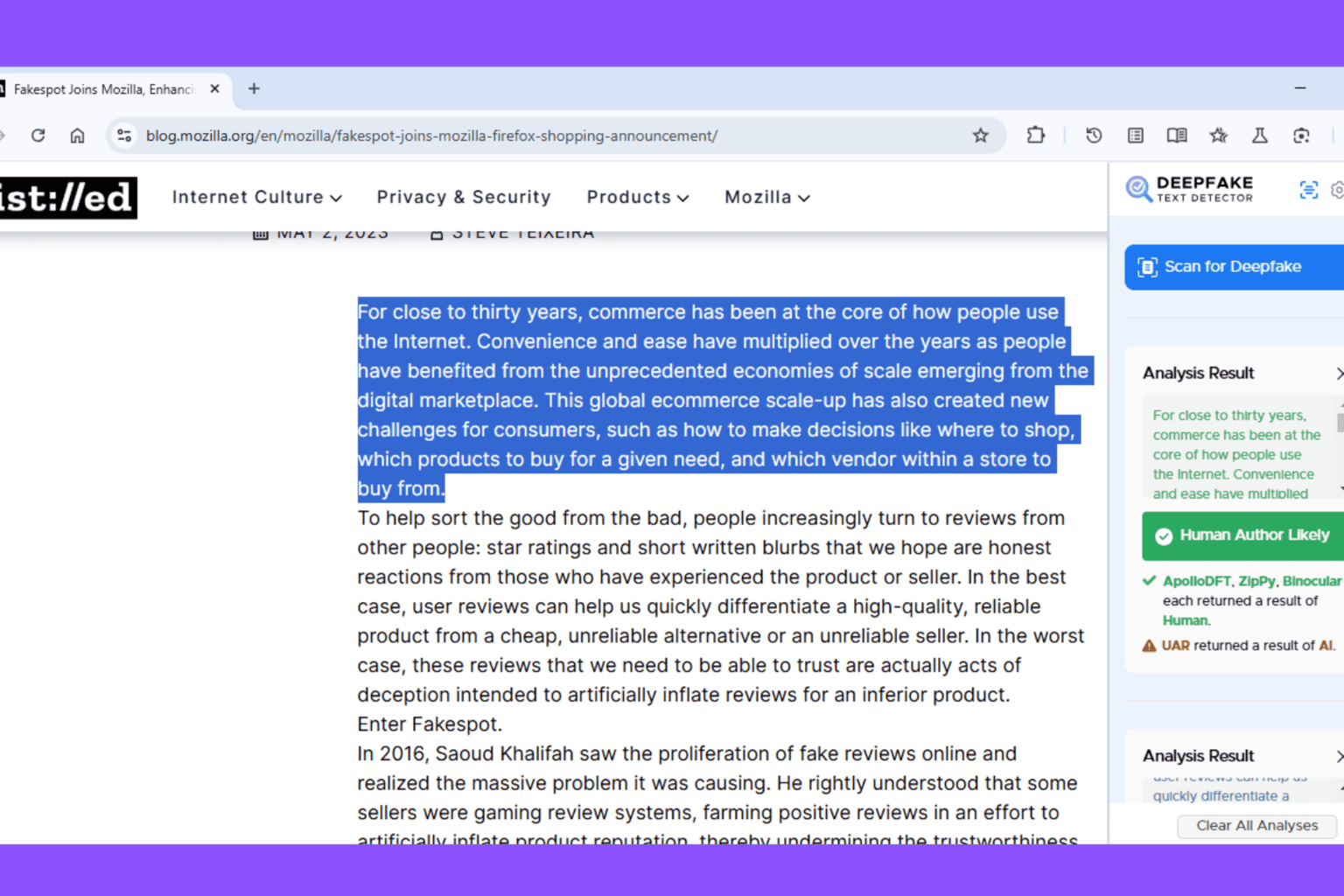
User forum
0 messages